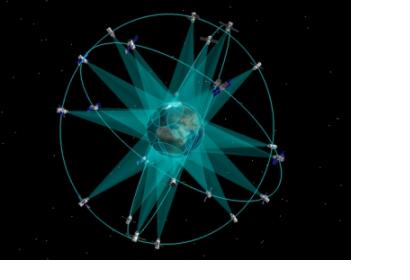Russia will build and launch 13 GLONASS-M and 22 GLONASS –K satellites between now and 2020, according to an outline of the nation’s space program published on the Federal Space Agency (Roscosmos) website, as Inside GNSS reported. GLONASS (Global Navigation Satellite System), is a radio-based satellite navigation system operated for the Russian government.
The document, "Space activities of Russia in the years 2013–2020," described plans for the GLONASS program’s 326.5 billion–ruble (US$10.77–billion) budget during those years. The programme has a stated goal of providing 1.4 meter positioning accuracy by 2015 and 0.6-meter accuracy in 2020.
This year the program document calls for the construction of four satellites, maintenance and operation of the ground infrastructure, and “reconstruction and modernization of enterprises for the needs of the GLONASS system.”
In 2013, Roscosmos plans to commission a modernized GLONASS control and validation center under development in Korolev, Moscow, which will provide input independent performance monitoring of GLONASS and GPS for civil users.

